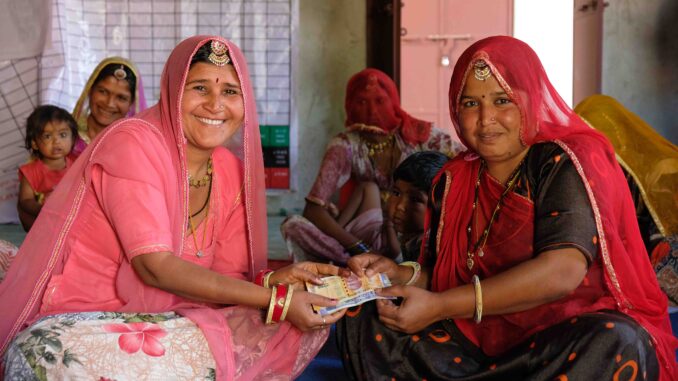New Delhi: This week, at the much-anticipated National Sustainability Symposium hosted by the Indian Chamber of Commerce, the United Nations called on Indian businesses to take the helm in driving global Sustainable Development Goals (SDGs), asserting that “the business sector is not only vital but perhaps the linchpin in this entire effort.”
HG Shombi Sharp, the UN’s Resident Coordinator in India, emphasized that governments and international institutions alone lack the capacity to achieve the SDGs by the 2030 deadline.
“No government or multilateral organization has the sheer financial firepower to generate the needed jobs, construct the necessary infrastructure, or supply affordable goods and services at the scale that’s required. This is where businesses enter the picture. If business interests align with SDG objectives, we’re looking at the potential for unlocking a whopping $12 trillion in new opportunities,” Sharp explained at the Summit in Tuesday.
Touting India’s turbocharged economic ascent, Sharp hailed the nation as “a beacon of hope,” remarking that India could be on track to become the planet’s third-largest economy by 2030. But he was quick to point out that this economic rise must be environmentally sound. “India’s audacious goal of reaching 500 gigawatts of renewable energy by 2030 hinges on a tight-knit collaboration between the government and private enterprises,” he noted.
Sharp also commended India’s trailblazing efforts in climate action, citing initiatives such as the International Solar Alliance and the Coalition for Disaster Resilient Infrastructure, both aimed at empowering developing countries to confront the escalating dangers posed by climate change. He spotlighted India’s breakthroughs in sustainable textiles, its green economic momentum, and the adoption of circular economy practices within its business framework.
The UN official highlighted the urgent need to nurture a workforce fit for India’s impending green transformation, pointing out that nearly one million young people are joining the labor pool each month. He emphasized the need to weave sustainability into the very fabric of Indian business operations, from supply chains to CSR initiatives, noting how India’s Companies Act 2013 had spurred a significant uptick in CSR activities.
“Pursuing sustainable development isn’t just a moral imperative—it’s smart business. India is carving out a role as a global leader in eco-innovation, and the partnership between businesses and the state will be a game-changer in shaping what comes next,” Sharp said.
Adding his voice to the discourse, Naresh Tyagi, chairman of the ICC and Chief Sustainability Officer at Aditya Birla Fashion and Retail, remarked, “Sustainability must become the heartbeat of our operations, ingrained in the DNA of our business. With India’s resolute focus on the circular economy and renewable energy, we are poised to reap vast economic rewards. But this endeavor demands teamwork, bold thinking, and unified action. Together, we can secure a sustainable future not just for India, but for the whole world.”
